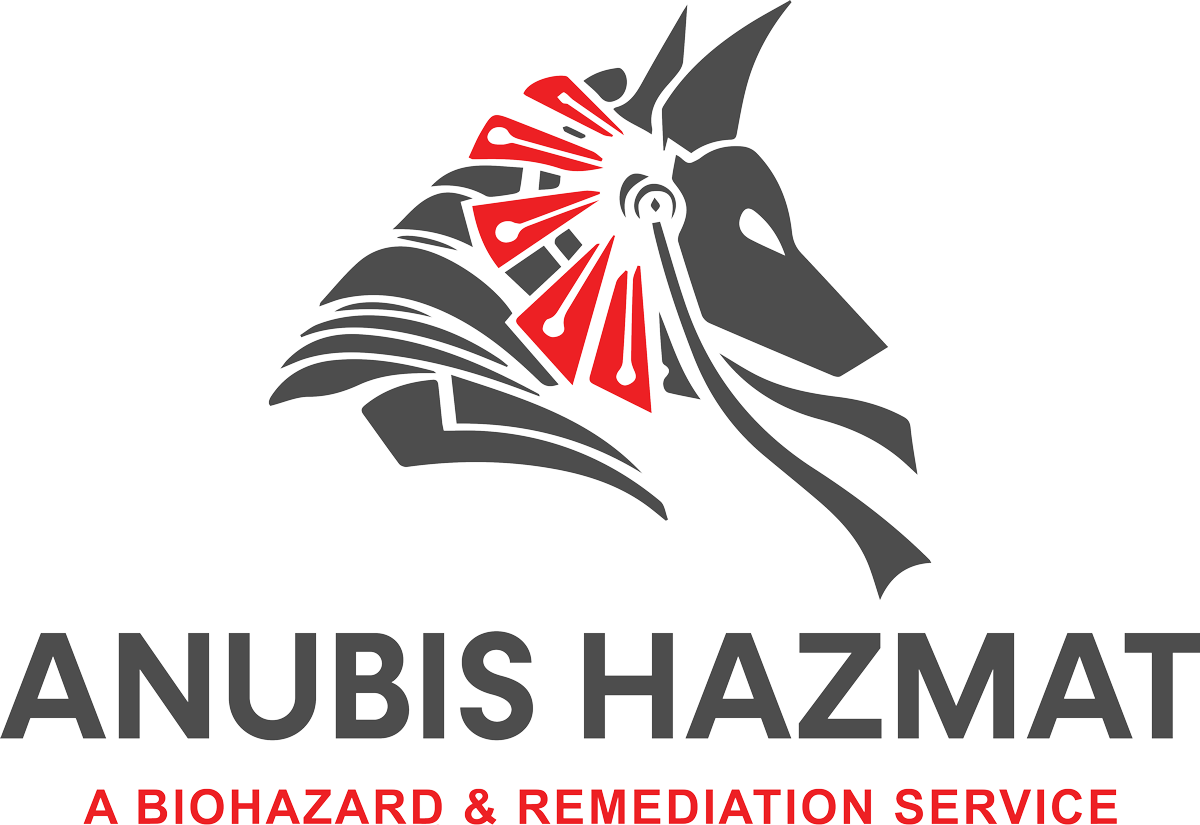How to Clean Up Gas Spill
Like most people, the first thing that comes to mind when you think of a gas spill is an environmental disaster. And while it's true that gas spills can have a devastating impact on the environment, they can also cause serious problems for nearby people. In fact, gas spills are one of the leading causes of death and injury in the home.
Each year, hundreds of people are killed or injured by gas leaks and explosions. And while many of these accidents are caused by careless cooking or smoking, some are caused by faulty appliances or improperly installed gas lines.
I think we can all agree that gasoline is pretty nasty stuff. It's smelly, it's toxic, and it can be really hard to clean up if you spill it. In this post, I will share my top tips for cleaning up a gas spill.
Move quickly - the faster you act, the less damage will be done
If you find yourself faced with a gas spill, the first thing you need to do is act quickly. Time is of the essence when cleaning up a gas spill, as the longer you wait, the more difficult it will be to remove the stain.
The best way to clean up a gas spill is to blot it with a clean cloth or paper towel. Soak up as much of the spill as possible, and then dispose of the cloth or paper towel in a sealed container. Once you have removed as much of the spill as possible, you can scrub the area with soapy water. Be sure to rinse the area thoroughly afterward to remove any residue.
You can easily clean up a gas spill by acting quickly and following these simple steps.
Shut off any nearby sources of ignition - this includes things like lights and appliances
If you're faced with the daunting task of cleaning up a gas spill, there's one key step you shouldn't overlook: shutting off any nearby sources of ignition. After all, the last thing you want is your cleanup efforts to result in a big bang.
Of course, there are other important considerations when addressing a gas spill. For instance, you'll want to ensure you're wearing appropriate protective gear, and you'll need to ventilation the area to disperse any fumes. But if you're looking for a top tip, shutting off any potential ignition sources should be at the top of your list.
Absorb the spill with towels or rags - do not use paper products as they can easily ignite
If you've ever accidentally spilled gasoline on your clothes, you know how difficult it can be to get the smell out. The same is true for spills on the ground. Gasoline is a volatile substance that can easily evaporate, making it difficult to clean up.
One of the best ways to absorb a gas spill is to use towels or rags. The absorbent material will help to soak up the liquid, making it easier to dispose of. In addition, using towels or rags will also help limit the amount of fumes released into the air.
Wash your hands thoroughly - once you're finished, make sure to wash your hands (and any other exposed skin) with soap and water
If you're like most people, you probably don't think much about washing your hands after you've finished using gasoline. However, this is a very important step in preventing a gas spill from becoming a bigger disaster. When gasoline comes into contact with skin, it can quickly evaporate and spread the fumes.
By washing your hands thoroughly, you can remove any residual gasoline on your skin and prevent it from causing a fire or explosion. So next time you're finished refueling your car, take a moment to wash your hands thoroughly. It could save your life!


